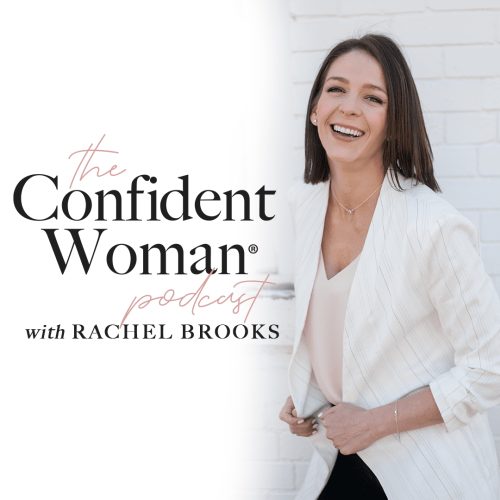Subjective Ageing
The fact that people tell others they feel or are younger is called subjective ageing. Subjective Aging is an important concept that can have significant implications for individuals’ well-being and health outcomes. Understanding how people perceive themselves and their own ageing can help to develop interventions and programs that promote healthy ageing and improve quality of life.
Subjective age is an interesting area of research that can shed light on how we perceive ourselves and our place in the world as we age. One reason people want to be or appear to be 10 years younger is that they may feel like they have missed out on certain experiences or opportunities as they age. For example, someone in their 60s may feel like they missed out on some of the fun and excitement of their 40s or 50s. By choosing an age that is younger than our actual age, we may be trying to recapture some of those experiences.
Another reason is that society associates youth with physical health and vitality. By choosing an age that is younger than our actual age, we may be trying to signal that we are still healthy and active, despite our chronological age.
Subjective age can have both positive and negative effects on our well-being. Feeling younger than your actual age may lead to a greater sense of vitality and optimism, which can have positive effects on physical and Mental Health. However, feeling older than your actual age may lead to a sense of helplessness or resignation, which can have negative effects on your well-being.
Originally Published on https://boomersnotsenior.blogspot.com/
























